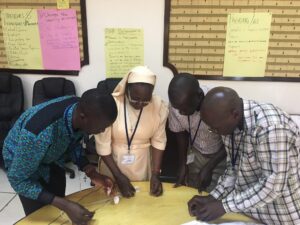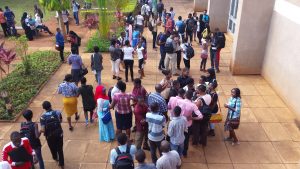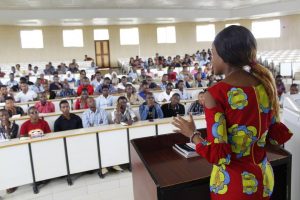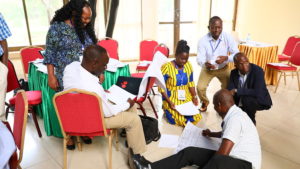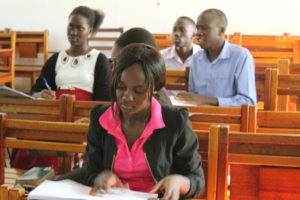In Uganda, education students are bringing new ideas about learning into local schools
18 months on, the change seeded by the TESCEA programme – a partnership to transform the relevance and quality of learning and improve the prospects for young people in East Africa – continues to grow. We recently talked to Albert from Uganda Martyrs University, a TESCEA partner university.

